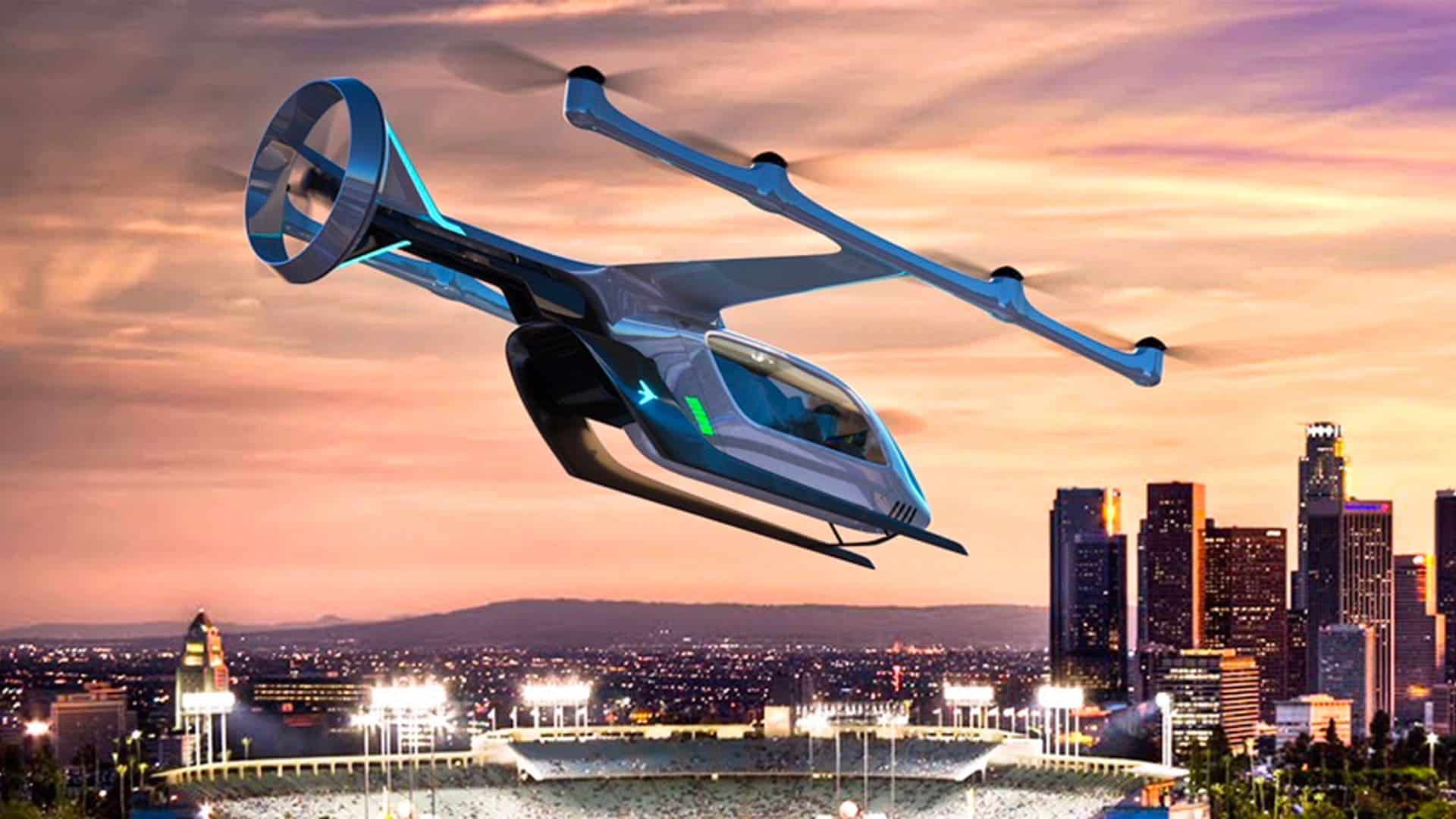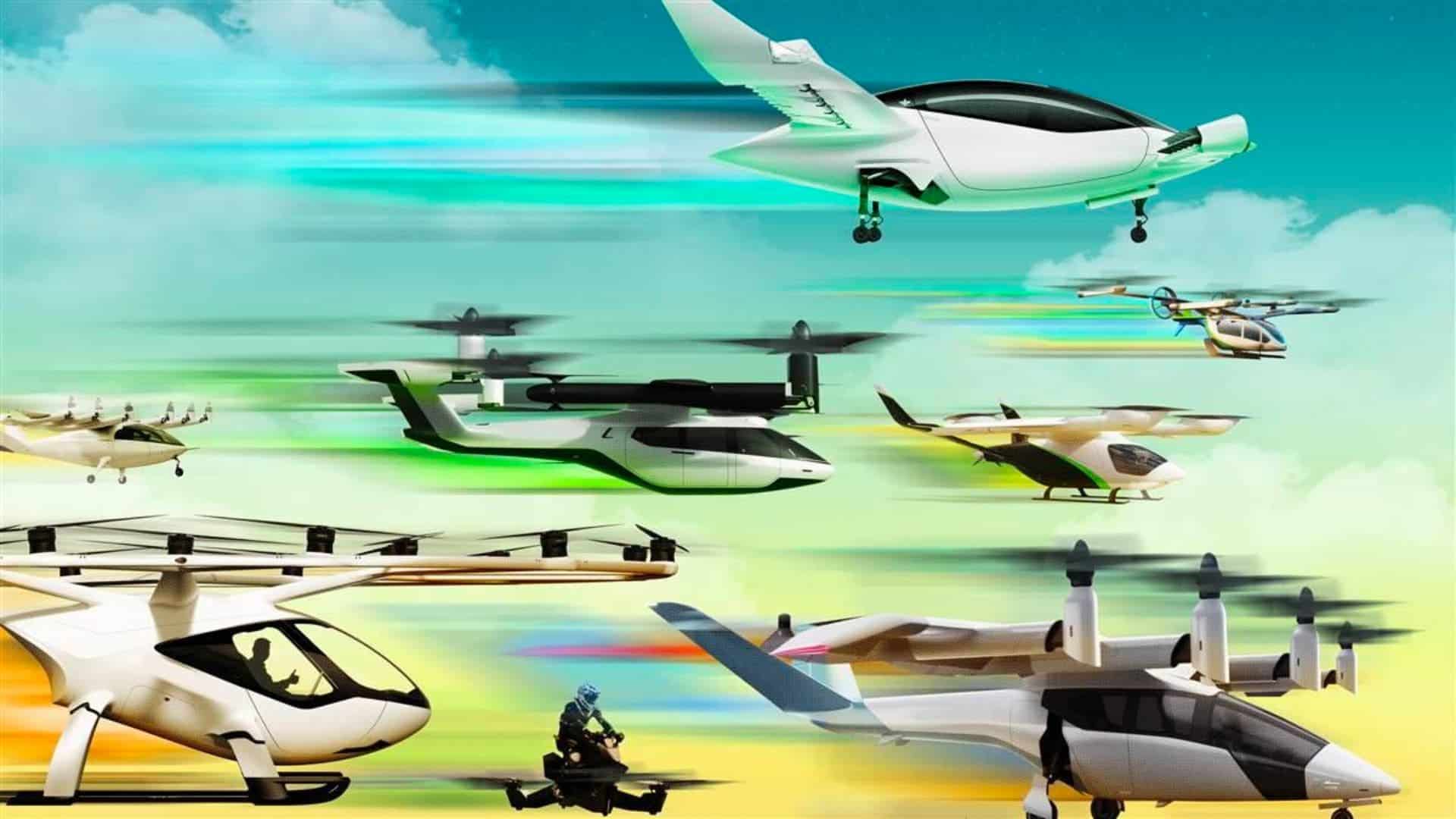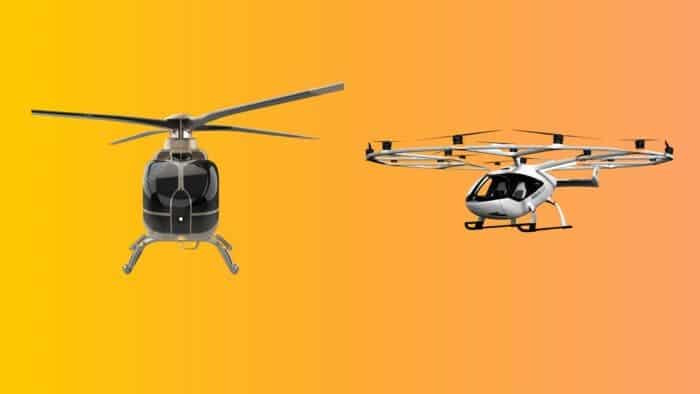I’ve been following recent inventions in Air travel and have been fascinated by the electric aircraft’s potential to disrupt the travel industry. Electric Vertical Takeoff and Landing (eVTOL) aircraft have revolutionized aviation. eVTOL aircraft could disrupt the $49 billion helicopter industry and change how we travel with their speed, efficiency, and low noise. Let’s dive deeper and find what next-generation Air travel would look like.
Why the Helicopter Industry Needs Disrupting
Helicopters have been around for many years and are essential in many ways to the aviation industry, but they have always been considered a luxury mode of travel. But eVTOL aircraft may soon alter this.
Helicopters are expensive. Traditional helicopters use gasoline engines, which are expensive and emit lots of CO2. They are unsustainable long-term transport. Many businesses and individuals avoid them due to high maintenance costs.

How eVTOLs are Revolutionizing the Traveling
However, electric motors make eVTOLs cheaper to operate and maintain. They don’t release carbon dioxide, making them environmentally friendly. They’re ideal for businesses and eco-friendly commuters.
eVTOLs are greener, faster, and use less fuel than helicopters. For cities with limited space, they take off and land vertically. This makes them ideal for commuting, air taxis, and military operations.
Why eVTOLs Are Better than Helicopters:
As an EV enthusiast, I’ve been watching the developments of eVTOLs. They have serious advantages over traditional helicopters, making it worth following their development.
eVTOLs are faster than helicopters, quiet, and environmentally friendly. This makes them appealing to time-pressed business travelers. Unlike helicopters, eVTOLs can take off and land vertically, allowing them to operate in areas with limited runway space.
eVTOLs are eco-friendly first. Electric helicopters are cleaner than fossil-fuelled ones. Electric aircraft like eVTOLs will be in demand due to climate change and government efforts to green transportation.
eVTOLs are also quieter for urban noise pollution. These planes are quieter than helicopters, making them perfect for cities with loud engines.

Lower Operating Costs:
EVTOLs cost much less than helicopters, which affects the market. These planes are cheaper than helicopters but offer similar benefits. This is great for companies and individuals who need helicopter services but don’t want to spend a fortune.
The cost advantage of eVTOLs over traditional helicopters is significant. Electricity is both cheaper and cleaner than traditional fossil fuels. A mid-size helicopter typically consumes 50 gallons of jet-A per hour (roughly $200), whereas an eVTOL costs only 8.2 cents per mile. This means that for the same price as an hour of helicopter fuel, an eVTOL could fly over 2,400 miles!
Reduced Maintenance Costs:
Unlike helicopters, which use expensive fossil fuels to power their engines, eVTOLs are powered by electricity. As a result, eVTOL fleets are significantly cheaper to operate than their conventional helicopter counterparts.
As a bonus, eVTOLs are deliberately made to be easy to use. They’re less complicated and less likely to break down, thanks to having fewer moving parts. This is yet another way in which the price of maintaining an eVTOL fleet can be cut significantly.
In an interview with CNBC, Michael Leskinen, president of United Airlines Ventures, said that the company has put money into Eve and Archer Aviation, two startups in the same field.
“Helicopters are very expensive to operate for several reasons, but the biggest reason is that they have multiple points of failure, which eVTOL aircraft won’t. The electrification makes the aircraft safer. Safer aircraft also becomes less costly to maintain.”
EVTOLs may hurt the helicopter industry. Traditional helicopter operators may find it harder to compete with eVTOLs. As more people switch to eVTOLs, the helicopter industry may lose jobs.
I believe eVTOLs will revolutionize urban air mobility. eVTOLs’ zero-emission electric power source, noise reduction, and the faster travel time will make them the preferred short-haul transportation. As more companies invest in eVTOL development and production, I’m excited to see what innovations they’ll bring next.


